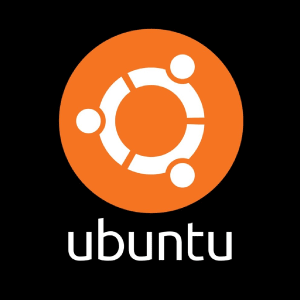PPA (Personal Package Archives)
PPAs are software repositories that are created specifically for Ubuntu users and are simpler to install than other third-party repositories. Pre-release software is frequently distributed through PPAs so that it can be tested. A special software repository called Personal Package Archives (PPA) is designed for non-standard upgrades and software. The PPA enables Linux users and application developers to build their own software distribution repositories. However, the PPA mechanism does stop outsiders from interfering with the packages, making PPAs quite safe if you do trust the developer/distributor.
The apt software repositories are listed in the /etc/apt/sources.list file or in separate files under the /etc/apt/sources.list.d/ directory on Ubuntu and all other Debian-based distributions. The system uses this file to keep track of where the installed programme is located so that it can be updated. The software and its version are recorded in a cache and checked against the repository using the APT tool by the system.
PPAs are used for non-standard updates and applications. People who seek the newest and best things typically use them. You should know what you’re doing if you’re going to such lengths to acquire this kind of software. For the majority of people, the Software Center’s selection is more than sufficient.
On the command line you can add a PPA using add-apt-repository, e.g.:
sudo add-apt-repository ppa:deadsnakes/ppaSince anybody can build a PPA, neither its security nor quality are guaranteed; as with any other unofficial software source, you must determine for yourself if a PPA is reliable or not. A PPA’s unapproved software packages might cause a variety of issues, particularly when upgrading to a new version of Ubuntu.
Note : PPAs are offered by the community, therefore before simply adding one, you should be informed of any potential risks.






